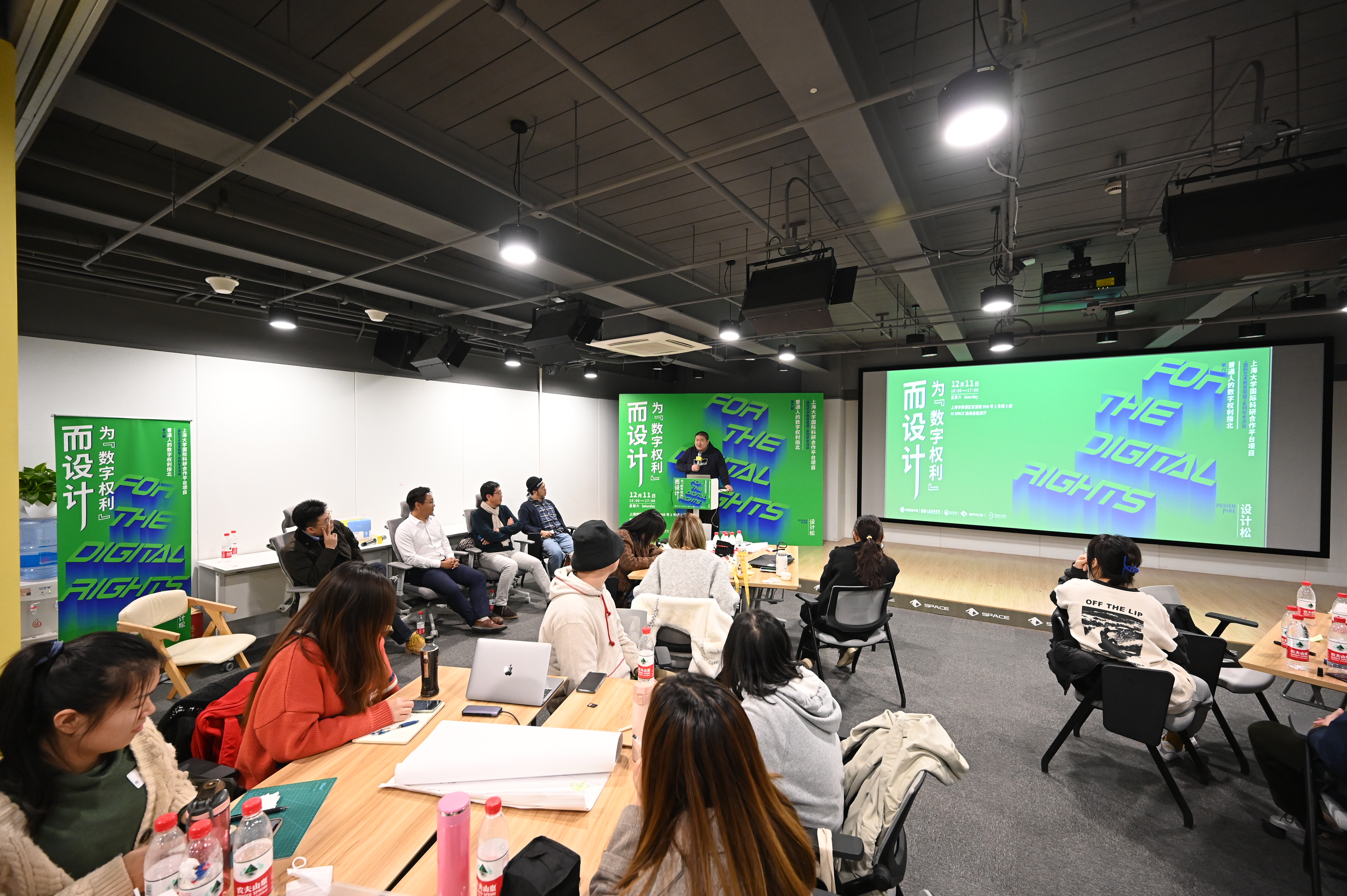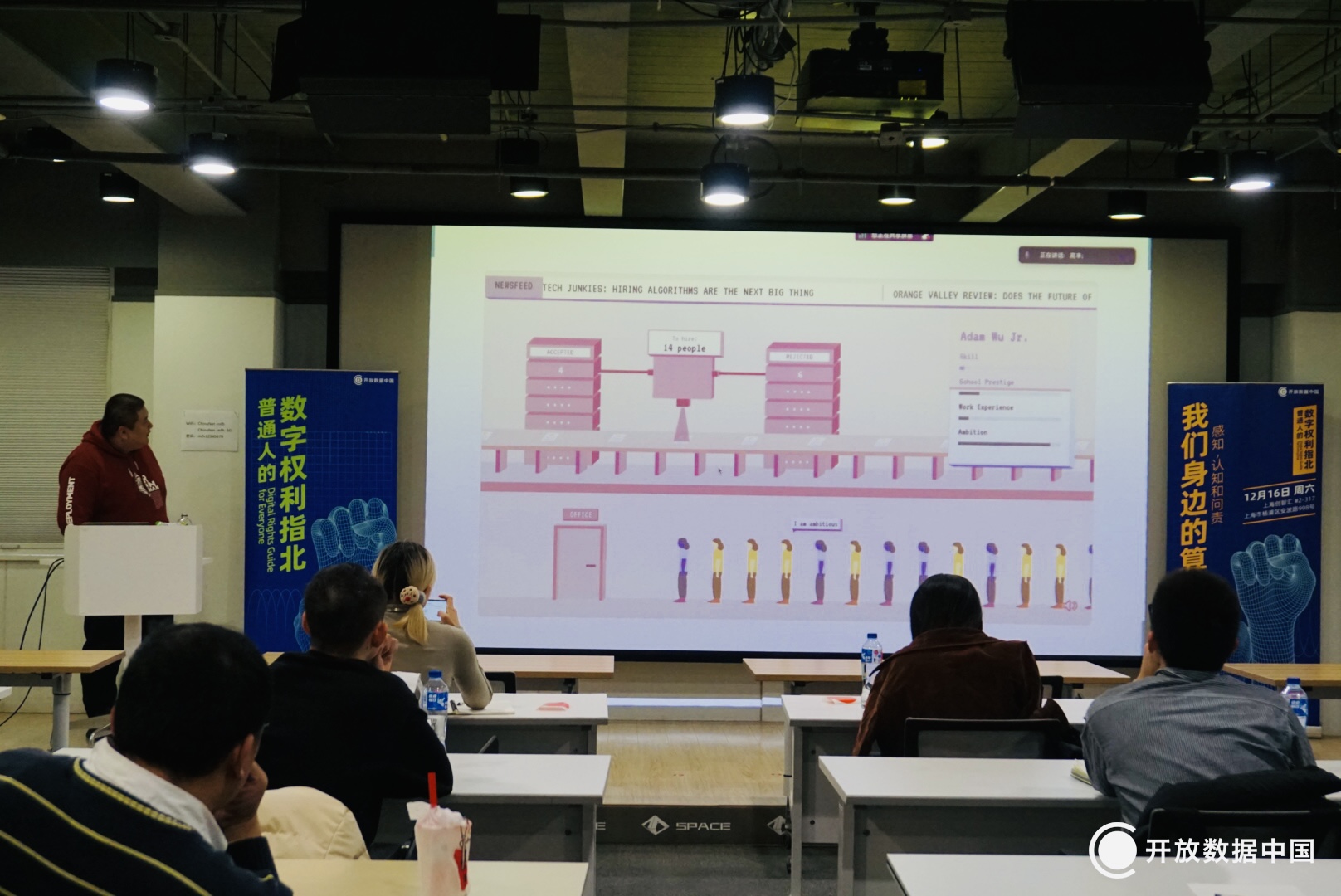Digital Rights Guide for Everyone
What does digital rights mean for the average person?
We embarked on this work with such questions in mind. In this era where everyone discusses big data and artificial intelligence, the regulation and governance of technology often fall into a specialized, singular perspective, where it seems only governments, lawyers, and scholars are concerned with these issues. However, in reality, these issues ultimately affect every single ordinary person. So, how can the average person get involved?
Our work began with two objectives:
- First, how to empower ordinary people with a better understanding of digital rights and the background knowledge related to these issues, so they can discuss the impact of digitalization on their lives and potential solutions;
- Second, how to build their capacity to more actively advocate for their digital rights, express their confusion, and voice their opinions.






In 2021, we held seven workshops on different themes, discussing topics such as personal data protection, community data autonomy, and the meaning of digital justice with ordinary people, and co-creating potential solutions through hackathons and other methods. In 2023, we further iterated, based on China’s Personal Information Protection Law and related laws, to develop and implement digital rights literacy workshops covering three themes: personal data, algorithmic decision-making, and generative artificial intelligence.
In the following work, we aim to further explore the participation of ordinary people in digital rights issues, whether it is actively expressing opinions or genuinely participating in actual decision-making.
We plan to explore two key areas:
- First, the trustee system for personal data, to explore how ordinary people can be empowered through trusteeship;
- Second, how ordinary people can voice their opinions on the development and use of AI. Can we try models like AI Assembly and Mini-Public that are being done in Europe and America, and can China’s characteristic democratic deliberation mechanisms play a role?